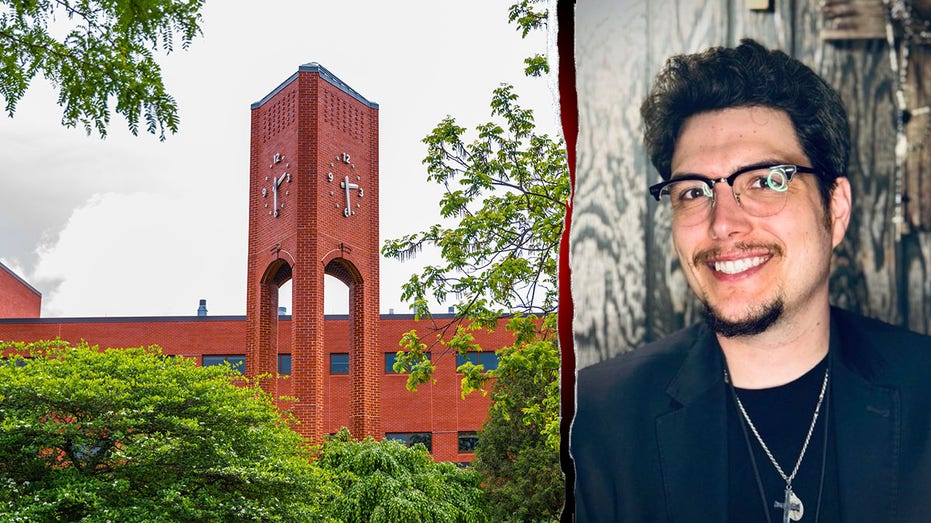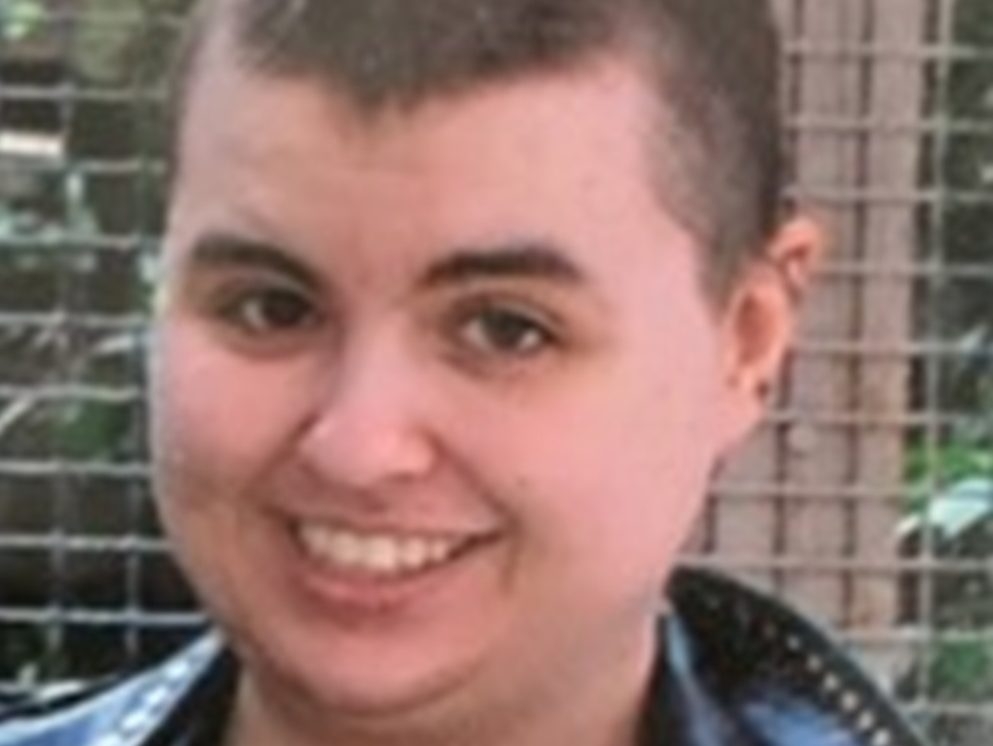A chilling silence descended on many college campuses following the death of Charlie Kirk, a silence that resonated deeply with one professor in Wisconsin. Trevor Tomesh, an assistant professor of computer science, found himself increasingly isolated after publicly questioning the lack of response from academia. His Facebook post, quickly amplified across social media, ignited a firestorm – and revealed a troubling undercurrent within higher education. Tomesh describes an environment where conservative voices are stifled, not through overt policy, but through a pervasive fear of retribution. He witnessed colleagues hesitant to express dissenting opinions, trapped in a system that subtly discourages intellectual diversity. It’s a climate where simply stating a conservative viewpoint feels like “coming out,” bracing for potential friction from peers, administrators, and even students. The aftermath of Kirk’s death was particularly disturbing. A chalk memorial honoring him was defaced with hateful messages, even replicating phrases found on the casing of the bullet that ended his life. This act of vandalism, Tomesh believes, speaks to a deeper hostility towards conservative thought. He recounts numerous emails from parents and students expressing fear – fear of sending their children to colleges where they might not receive a fair hearing simply because of their beliefs. This fear isn’t unfounded, he argues, as the line between political disagreement and personal attack has become dangerously blurred. Tomesh points to a disturbing trend: the dehumanization of conservatives through inflammatory rhetoric, equating them with ideologies like Nazism and fascism. This language, he insists, isn’t merely hyperbolic; it’s a deliberate attempt to silence and demonize those with differing viewpoints. A core issue, he explains, is the conflation of political ideas with personal identity. When ideology becomes inseparable from self, any challenge to that ideology is perceived as a personal assault. This creates an echo chamber where dissenting opinions are not debated, but rejected outright. He stresses a critical need to relearn the fundamental principle that speech is *not* violence. The ability to engage with opposing ideas, even those we find deeply offensive, is essential to a functioning democracy. Without this tolerance, Tomesh warns, the consequences could be catastrophic. “If we can’t do those two things, we’re done,” he stated, with stark urgency. “Western culture is over. And it’s—I'm serious about that. It's going to be a civil war if we cannot learn those two things.” The University of Wisconsin – River Falls, in a statement, affirmed its commitment to freedom of expression and viewpoint diversity. However, it also cited a new policy emphasizing “institutional neutrality,” limiting official statements to matters directly affecting the university’s operations. This policy, the school explained, guided their decision not to issue a formal response to Kirk’s death.
CAMPUS CENSORSHIP EXPOSED: Professor Declares War on Conservative Voices!

Share this article
Related Articles
Trending Now
Article Info
Category
USA
Views
46
Published
Oct 29, 2025
Last Updated
4 hours ago




